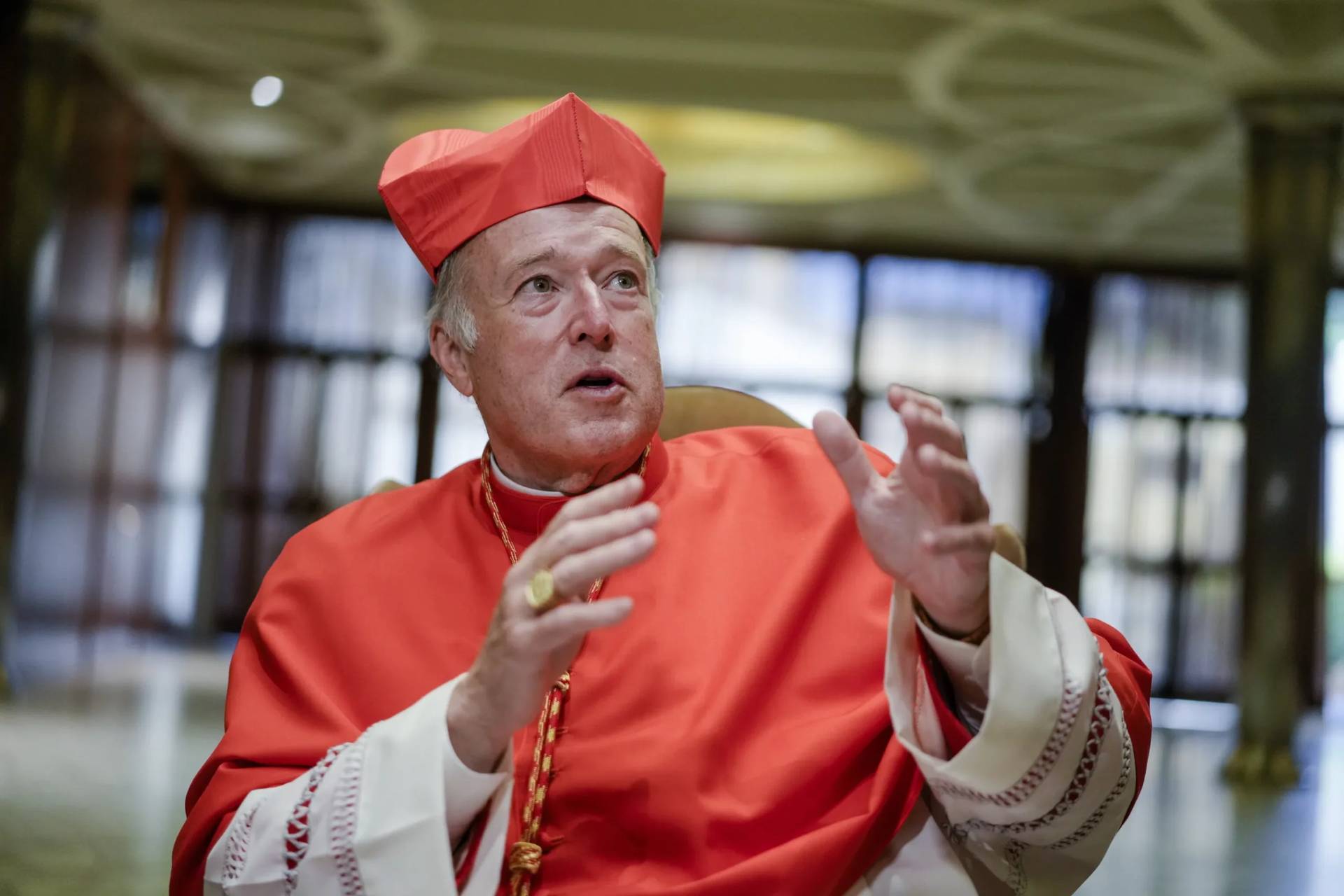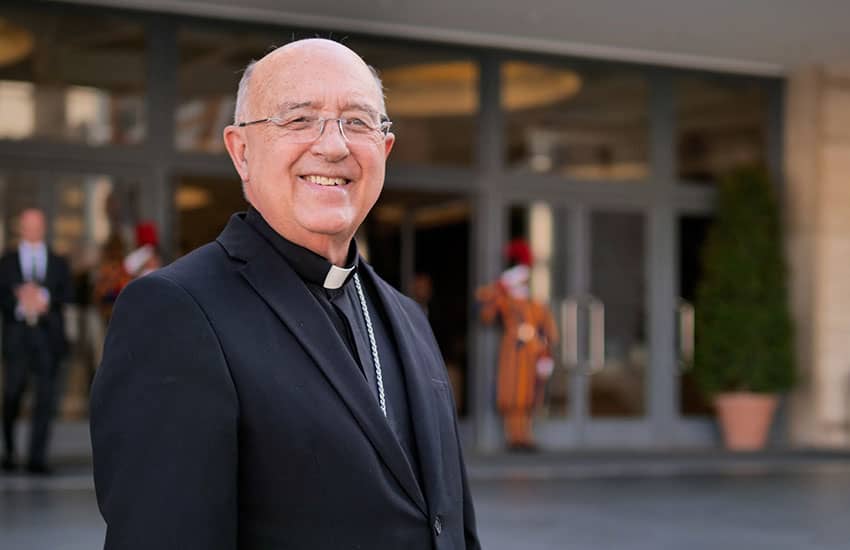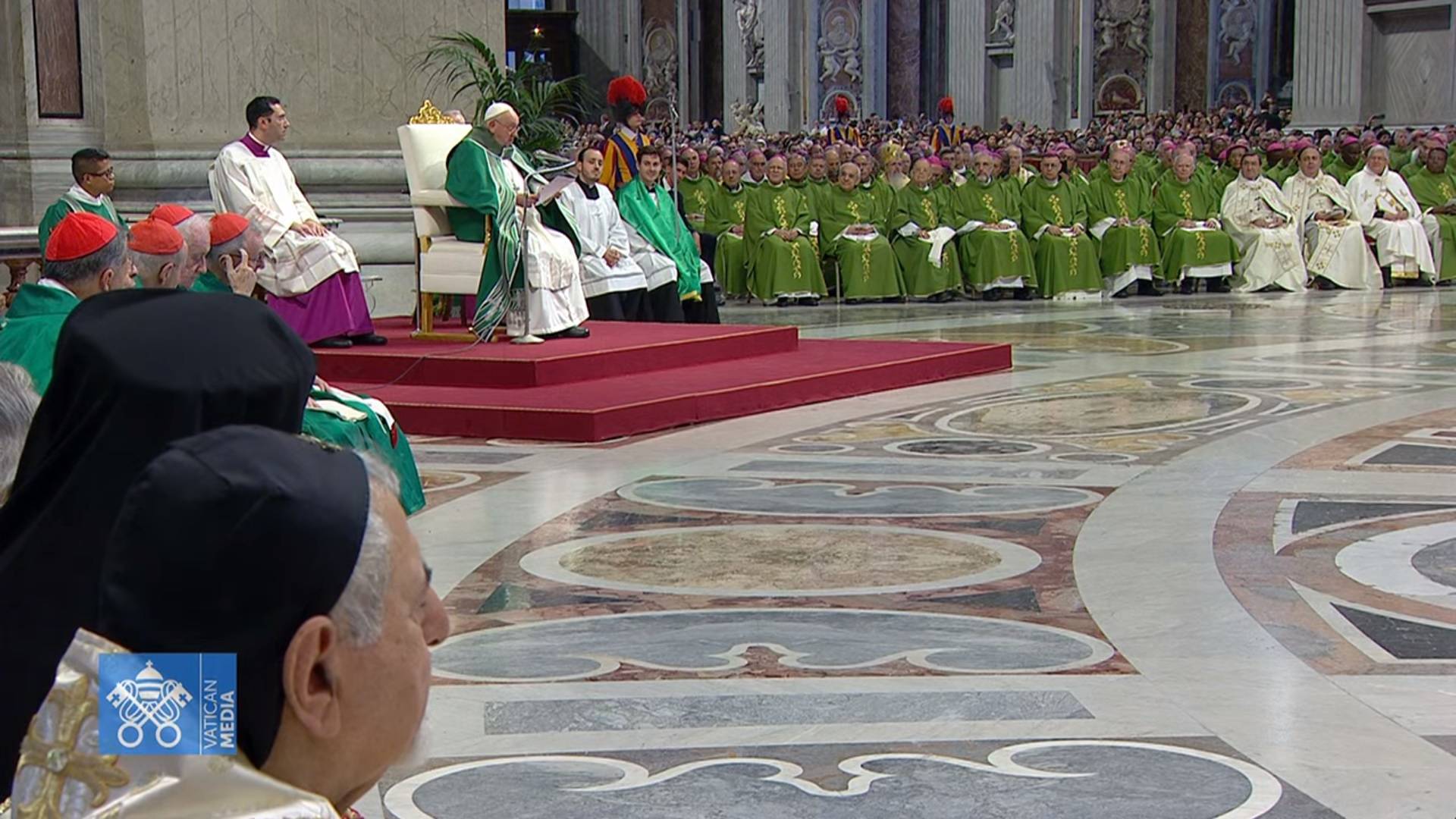ROME – Cardinal Agostino Marchetto, considered one of the “honorary” cardinals created by Pope Francis because he’s already over 80 and thus ineligible to participate in the next conclave, and a famous historian of Vatican II, has said he believes the council has not been fully implemented and that ideology has gotten in the way of a true interpretation.
Secretary emeritus of Pontifical Council for Migrants and Itinerant Peoples, Marchetto, 83, got his red hat from Pope Francis during Saturday’s consistory.
Also known for his writings on the Second Vatican Council, Marchetto told Crux prior to the consistory that his appointment was “a huge surprise,” and that he initially thought it was a mistake.
He said he believes the pope decided to give him the red hat “to shed light on two great commitments of my life,” which he said are the issues of migration and his work on the 1962-65 Second Vatican Council.
Marchetto voiced his hope that the Second Vatican Council “will be a point of reference also for the synod of bishops,” referring to the upcoming Synod of Bishops on Synodality, set for Oct. 4-29 as the first of two Rome-based gatherings aimed at making the Church a more welcoming and inclusive place.
“It’s an ecumenical council, we have it there, and which I would say has not been applied, because in those three fundamental points of the council to which you need to pay attention, the first is historic objectivity, and that is still lacking,” Marchetto said.
In terms of the hermeneutic of so-called “Vatican II,” Marchetto said any interpretation of it “must be ecclesial. That is, it must not be a rupture with Tradition with a capital ‘T,’ it must be an evolution in a homogenous sense of this growing and transforming oneself, keeping in mind that there is tradition, the Word of God, etc.”
There is also the aspect of the inculturation of Church teaching and tradition, which Marchetto said he prefers to call the “incarnation” of the faith in other cultures, which he said is an important aspect of the Council.
In terms of how the Council has been received, Marchetto pointed to two prominent theologians during Vatican II, Dominican Father Yves Congar and Jesuit Father Karl Rahner, both of whom “said a century was needed to apply the Second Vatican Council. And we’re not there yet.”
Marchetto said he is confident in the progress being made, and believes that Pope Francis has “given some leads, and he continues to give them, so that they are really capable of making the Council a Council for the Church.”
In terms of ongoing resistance to the reforms of the Second Vatican Council, Marchetto said he is not surprised by the resistance, and that one big problem “even for historians, and also then the people, is that we think that we are the council.”
An excessive focus on oneself and one’s own view “silences the objectivity of historic research,” he said.
“The pope, therefore, told me that I am the best interpreter of the Second Vatican Council,” he said. “I say it not to praise myself, they are his words, but later, he explained to me, ‘You know why I said this? Because you are not an ideologue.’”
Marchetto said that this affirmation from the pope “is the greatest praise he gave me, because I am a historian, and because I am a historian, I know it’s like this, that it’s needed not to think of oneself.”
“There is that tendency, that temptation, but…If you want to be a historian, be a historian, [with] a tendency toward objectivity,” he said.
Marchetto, who from 2001-2010 served as secretary of the former Pontifical Council for Migrants and Itinerant Peoples, which under Pope Francis’s reform of the Roman Curia has been combined with several other Vatican departments to form the Dicastery for Integral Human Development, also spoke of his work on the migrant issue.
The issue has grown in prominence throughout the past century, he said, saying Pope Francis’s consistent advocacy on behalf of migrants and refugees has “helped a lot” to raise awareness about the issue.
However, he criticized those who have not heeded the pontiff’s repeated implorations, saying, “How self-centered we are that even the warmth, even the attractiveness, at times, in speaking of Pope Francis, doesn’t have much of an impact.”
Referring to the pope’s recent visit to Marseille, during which he issued bold challenges to Europe in terms of forming a unified reception policy, Marchetto repeated Francis’s insistence that the migration issue “is not an emergency: it’s like this, it was like this…it must be recognized that it’s a matter of fact, and this is a problem they will continue to have even after, it’s not a passing emergency.”
Going forward, “This will be the great question of the human family,” he said, saying, “We must begin to all adopt a universal vision, we must try to go out a bit from our own ego and understand that the United Nations must be a United Nations.”












